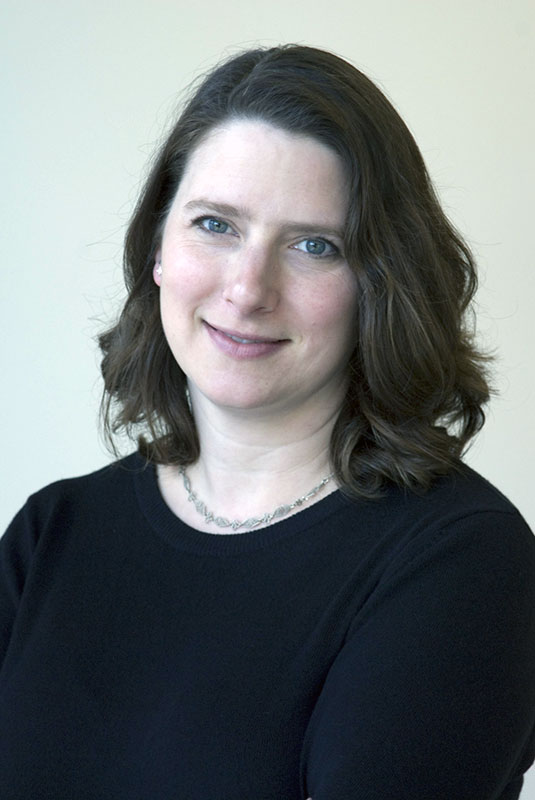Jennifer Doherty, PhD

Adjunct Professor of Epidemiology
Jon M. and Karen Huntsman Endowed Associate Professor in Cancer Research,
Huntsman Cancer Institute, University of Utah
University of Washington, PhD 2002
University of Illinois at Chicago, MS 1996
Cornell University, BS 1990
Phone: (603) 653-9065
Email: Jen.Doherty@hci.utah.edu
Professional Interests: The Doherty Cancer Epidemiology Laboratory focuses on the molecular and genetic epidemiology of ovarian and lung cancers. Ovarian cancer is challenging to study for a number of reasons. It is a rare disease and therefore screening tests require nearly perfect sensitivity and specificity to be effective, and it is typically diagnosed at a late stage, with poor survival. Also, accumulating evidence has led to the understanding that ovarian cancer is not a single disease; rather, it is thought that the various ovarian cancer histologic types and high grade serous (HGSC) molecular subtypes may have different etiologies. Furthermore, almost all research of the molecular epidemiology of ovarian cancer to date has been in women of European ancestry. Therefore, my ovarian cancer research program concentrates on three main areas: 1. To elucidate similarities and differences in epidemiologic and genetic risk factors and survival across the histologies and HGSC subtypes of ovarian cancer, with the goal of understanding the underlying causes of each so that preventive measures can be developed; 2. To identify candidate genes and pathways that drive the development of each of the subtypes so that targeted treatments can be developed; and 3. To characterize epidemiologic and molecular features of ovarian cancer in diverse populations.
Lung cancer is responsible for more deaths than prostate, breast and colon cancers combined. While smoking cessation is a key means to reduce the incidence of lung cancer, former smokers remain at high risk for many years after quitting. Low dose CT scan screening of high-risk individuals holds promise to reduce lung cancer mortality, but the false positive rate even among this high-risk group remains quite high. My work focuses on identifying factors that differentiate between individuals with a heavy smoking history who will, and who will not, eventually develop lung cancer, with the goal of incorporating these factors into models for risk stratification for lung cancer screening regimens, and reducing false positives.
Institutional & Center Affiliations:
Huntsman Cancer Institute